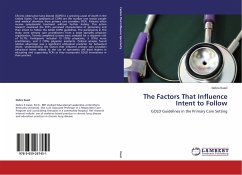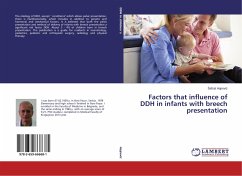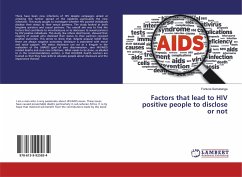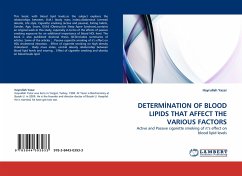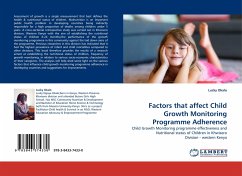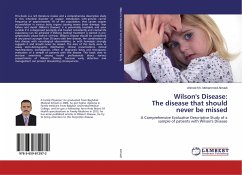Chronic obstructive lung disease (COPD) is a growing cause of death in the United States. The symptoms of COPD are the number one reason people seek medical attention from primary care providers (PCP). Patients often receive symptomatic treatment without further testing. This action research examined the PCP s perceived characteristics of spirometry and their intent to follow the GOLD COPD guidelines. The participants in this study were primary care practitioners from a large specialty physician organization. Twenty completed surveys were analyzed for a response rate of 16.7%. Participants included 15 (75%) physicians, 3 (15%) nurse practitioners, and 2 (10%) physician assistants. Ordinal analysis found relative advantage was a significant attitudinal predictor for behavioral intent. Understanding the factors that influence primary care providers behavioral intent related to the use of spirometry will assist leaders in educating and supporting PCPs as they incorporate GOLD innovations in their practice.
Bitte wählen Sie Ihr Anliegen aus.
Rechnungen
Retourenschein anfordern
Bestellstatus
Storno

